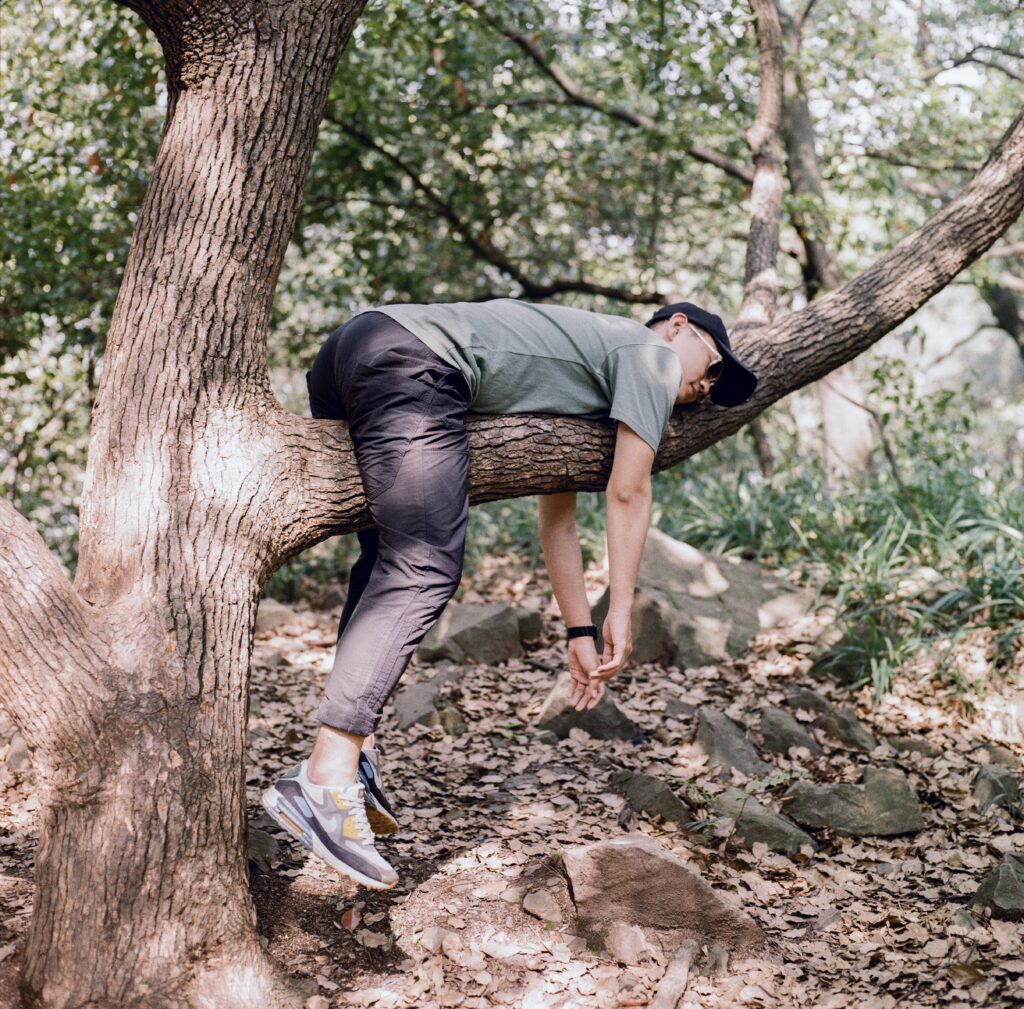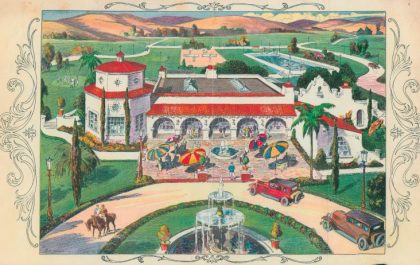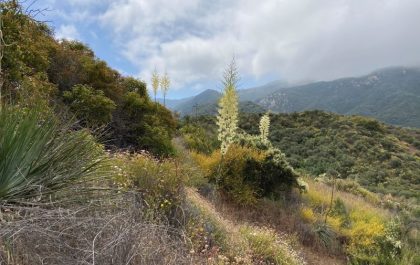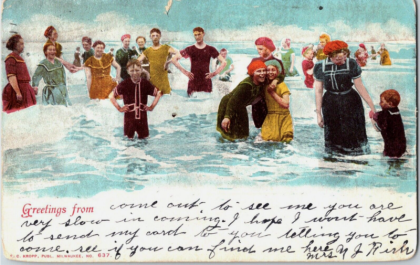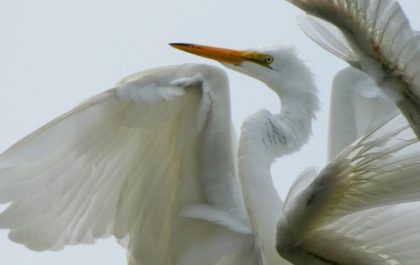We’ve all heard the term “work and life balance” before. This phrase exists because there’s usually a lack of balance in the work and home life of most people.
No one on their deathbed ever says, “I wish I had worked more.” They say things like: “I wish I had loved more. I wish I had taken that trip. I wish I had written that book. I wish I had spent more time with my family.”
We live in a society where those who’ve been “up all night working,” or those who are “so exhausted from working so hard” are praised for their “amazing” work ethic. Although being dedicated to a career is a great thing, what isn’t great is this glorification of workaholic behavior. As a recovered workaholic, I know firsthand.
What I think should be rewarded is that healthy balance of our careers and our personal lives.
Like all living organisms on this planet, we are predisposed to constant evolution. Which means, in this case, that we enjoy advancement, we enjoy learning new things, figuring out new technologies, making goals and achieving them, continuously pushing ourselves to do better, etc. We are great at advancement.
We are also created to be human beings, not human doings. We are meant to experience presence, and joy, and celebration of the fact that we are alive. We are meant to commune with nature. To spend time with our families. To slow down and enjoy a meal and feel nourished. To feel refreshed and inspired after a good night’s sleep. Most of us are not so great at being present.
So, how can we achieve this ideal balance?
I have a concept I teach that I’ve called ‘structure and flow.’ There are many aspects to this, but today, let’s just focus on one: the power of engaging and dis-engaging.
The concept is simple, but powerful. At its most basic, you could call it time management. For example, during the weekdays, I am fully engaged with seeing clients from 9 a.m.-12 p.m., then I have lunch, then I see clients again from 1-5 p.m. That’s an 8-hour workday, if you include lunch. That means there are 8 hours to get some good sleep, and another 8 hours to dis-engage and do whatever I please—every single day. If I create and stick to this structure, and truly stop when it’s 5pm, I can experience so much flow, grace, ease, creativity, freedom, and relaxation for the other 66 percent of my day.
If I don’t stick to this structure, I end up working at erratic times and trying to (very unsuccessfully) relax or be creative in between those meetings. This creates chaos and stress with my schedule, as well as pushing all the internal systems in my body into overdrive. This does not enhance productivity, does not help with having a good personal life, definitely does not help with the basic human needs of eating and sleeping, and this stress will eventually create dis-ease in the body. Put simply, if I’m always “on,” that’s not replenishing for the human being that I am.
For some, this concept of having more structure can often seem restrictive at first, but I encourage you to really give it a try. I think you’ll find that you will have so much more time dedicated to actually enjoying your life.
As human beings and doings, we are way more productive when there’s a distinct structured time for us to engage. And we also feel more nourished and joyful when there’s a distinct time to totally dis-engage and relax.
So, the balance of structure and flow, folks: the more structure we create in our lives, the more flow, freedom, and joy we will also experience.
